NDH: When did you meet John-Roger?
Randy: I met J-R when I was 18 years old, at a point in time where I was told I had about 10 days to live. He had just begun doing seminars. Interestingly enough, my stepfather, Bob had met J-R at a Paul Twitchell conference in Las Vegas maybe six months earlier. [Paul Twitchell is the founder of Eckankar, a sound current lineage—ed.] J-R and Bob ended up hanging out together. He’d say to J-R, “What do you think about Paul Twitchell saying he’s out of the body and can go out of the body?” Basically, J-R’s response to him was, “Well, I’m up on stage with him right now.”
This gives you an idea of the humor of J-R. Bob had heard about this person who was giving these seminars and he was psychic and all of that. Bob was deep into Twitchell and all kinds of psychic stuff. He’s going to the front door of the house and out comes J-R, and Bob recognized him. He said, “Hey buddy. You’ve heard about this guy too?” J-R responds, “Yeah I heard he’s really great.” Bob said, “Yeah, I’ve heard that too.” Then they proceed to go in and J-R sits up in the chair at the front of the room and gives a seminar. I saw a transformation taking place with my stepfather big time, from being a gruff kind of a guy to someone more aligned with himself. I said, “Hey, I’d like to go see J-R,” and my folks took me to the seminar.
Seminars were set up in a three-part function in which there were initially contributions, or personal sharings. Then J-R would give a seminar and there would be a cookie and coffee break and people would line up and ask a bunch of questions. In the last part, J-R would do a guided imagery meditation. As fast as he would speak, he would be telling us about what was coming down the road. He would say, “A green light is descending down and it is very misty and the person whose brother is in St. Louis and has a back problem is getting healing on that. The person who is here who has liver problems just received a healing on that. As fast as he could speak, he was just sharing whatever was going on with people in the room. I had what I would call a miraculous healing, the problem I was having left, and it stayed in remission for the rest of my life.
I tried to lay it on J-R and say, “Thank you, thank you, thank you for doing this for me, thank you, thank you.” His response was, “I didn’t do it.” He would say that it was totally the Spirit, which was very consistent throughout his ministry. He was never setting himself up to be the guru, although many people kept trying to put him in that position. He was really the wayshower; he was a Traveler. He had abilities to remove blocks that were limiting my perception, and at the same time help energize whatever I was able to do to move through the karma more quickly. It wasn’t like he was taking it away. It was more like if you had a problem that you had to go through and it felt like the Great Wall of China—and by the time the seminar was over it would be more like a rice paper screen. You still had to move through it but it was manageable.
I had the really good fortune that I was living here in Irvine, CA when the whole experience took place. As time went by over the next six months, he started taking on more and more seminars in different cities. There were two seminars in Thousand Oaks, Tuesday night and Wednesday night. There was a seminar in El Monte for a time on Thursday nights. Then there was a seminar in Cerritos. I think there was a Saturday night seminar in Pasadena.
When we started, everybody would bring their own little cassette players to record the seminars. There were no formal tapes of seminars but finally J-R started taping them and as time went by they were transcribed into Discourses. Then eventually there became an opportunity to become a minister, and opportunities to be initiated.
In the beginning days, J-R used to do light studies. The first ones were called structure function light studies, so I had a couple of those. He would charge something like $25 for a light study, and $15 for a follow-up. He would do your astrology and your numerology. He would measure your body, your backbone, your skull, and then he would start giving you a reading. Then the intuitive or spiritual part would just come in, without reference to those other disciplines. It changed radically when J-R moved to Preceptor Consciousness. When the Preceptor Consciousness came in, the need for all that other stuff was just not there. This is my observation. I’m not saying that was the actual inner dynamic.
NDH: I never heard him speak of a specific time when the Preceptor came in. Did you identify a time when that happened?
Randy: It may have always been there. But I heard him start talking about it, probably around 1969 or 1970. When I started, everybody, for the most part, was in their 50s, 60s and older. Maybe some people in their 40s and just a few young people. By 1970, the younger people started coming in from the University of California at Santa Barbara. There was a group of people who started coming down from Berkeley. The dynamic of youth in the Movement was pretty profound. Then Miami people started coming in, in about 1970. Then the Philadelphia people started coming in.
J-R was teaching high school, and at the moment summer break happened, he would back off from doing the seminars and we’d have a summer break from seminars. That’s when the testing and all this stuff would come down, dealing with what we had been taught and given through the course of the year. For me it was like, “Oh my God, where is J-R when I need him?”
The reality was, it was always about the movement of spiritual inner awareness, not necessarily the movement of spiritual outer awareness. For myself, I’d say that often I was more caught up in the movement of spiritual outer awareness than the movement of spiritual inner awareness. It was fun all of a sudden having young people be part of the whole process and being able to relate to younger people. At one of those seminars we had this whole series of get-togethers. We’d play tapes that we’d all made at seminars and do these really fun weekend get-togethers—sleepovers and such. It was really exciting. In a couple of the instances, people did some processes where a lot of stuff was released like a candle meditation, that type of thing. The person who led that got seriously gunked up psychically. When J-R came back in and the person asked, “Can you help me with this?” J-R said, “I’m sorry. You took on the responsibility of that and so everything that was released went through you, and now you have to clear it.” I’m sure J-R helped him on some level to do that, but there was no room for nonsense. Once when J-R came back from summer vacation he said something like, “Camaraderie is really nice but it’s not necessarily the Spirit.” And we’d be like, “Uh-oh….”
It was all good because it was all learning. This was before we really started to get together and be together. There was a big house that some people got together and rented and used as an office, called the Light Castle. It had been in existence for about six months and then I moved in there when I graduated from college. There were about three or four guys and three or four girls. We would have seminars there one night a week. We’d do some tape seminars. It started to be the foundation of what later became Prana.
It was really a lot of fun. J-R spent a lot of time coming over and hanging out. At that point, he started to have more of an entourage of support staff, and they would be the ones that started producing the tapes and getting those ready for sale, and helping J-R. About that time, J-R the idea of developing a place where we could all be together, and I discussed it with others as well. Rama Fox had a friend who was connected with a Bahamian real estate promoter who had this island in the Bahamas that was available for purchase. I flew out with J-R to look at this place and see about what it would be like to create a retreat center or a place to live for people to study. We called it New Atlantis. I was involved in coming up with designs for it and doing some site analysis. We started playing with it but we found that to build anything there was super expensive.
Ultimately that fell to the wayside and I’m glad it did because I think that would have been too isolating. Then for about a year, I was going all over California, from Northern Cal to Southern Cal, looking at different properties that were available. Ultimately, a realtor presented Prana (3500 West Adams Blvd. in Los Angeles) to us. It was a physicians’ aid society and there was a group of older people who were living there. It was transformed in the mid-40’s into this old folks’ home but there were 60 private bedrooms and private baths, and a commercial kitchen and dining room. In many ways, it just fit the mold for us. We pursued it, we negotiated it, and we came up with a price that was acceptable to them. These people had tried to sell this place for three years and hadn’t been able to get anybody because it was in a violent neighborhood. People were breaking into the place constantly, terrorizing people there. They definitely wanted to get rid of it.
We were within weeks of closing escrow and taking possession. Part of the purchase also included a certain amount of the antiques and art that were there. One of the directors got greedy and said, “Oh no, this piece of antique furniture, this carpet or this piece of art was never included in the price”— and clearly it had been. I see J-R and he says, “Well, thank you very much. We’re going to step away from the purchase of this property.” Well I’m flipping out because it took a year to find something and with the amount of work we put into it, it was almost like we built it ourselves. We’re walking out the door and these people start to flip out. They come back begging and saying, “Oh no, no, you can have all those things.” It was interesting because when I spoke to J-R about it, it was almost like he couldn’t enter into the dishonesty that was taking place. If he had allowed it go forward, then the karma would have been on that person who was perpetrating the deceit. His gracefulness and caring went so deep that he was willing to kill a deal that was great for him, for the sake of that person. That’s the way I saw it and that was how I interpreted what he was saying. It showed a level of integrity that was profound to me.
Then we proceeded to set up Prana. We purchased it. We set up a committee of 9 or 11 people—I can’t remember—to be the initial board of directors. We would get together weekly to set up the guidelines of the house: No smoking; no drinking; everybody had to have a job or have some source of income; certain qualities of expression. We would debate all of this, and all of the decisions that were made with regard to the guidelines for Prana were based upon a consensus agreement. Everyone had to be on board with it or it would just be shelved and readdressed later.
Finally, this one issue came up that no sex would be allowed among non-married people on the property. Maybe half the members on the board, or maybe more, were married couples and the rest of us were single. Well I’m flipping out. I said wait a minute, that’s just not fair or appropriate. And there was some back and forth with regard to it. J-R said, “Well, let’s just shelve this one and see how we feel next week.” Needless to say, I had a dream that night and it was made very clear that this was of critical importance to the group. There is no way that we would be allowing sex between non-married people on the property.
It was very funny how the next week whoever was leading the panel said, “Well, shall we discuss the issue of sex amongst single people?” And J-R said, “Well, maybe we don’t need to discuss it. Let’s just do a vote right now and see where everybody is.” At that point everybody’s hand just went up for the no-sex rule because they got the inner direction.
It was very interesting. Having lived there for four and a half years as a single person, I have to say it was a really important guideline because when you’re living with people so closely, you see their beauty. You can become enamored with that. As a man, that didn’t mean that I wanted to build a relationship with that person, but certainly I would have had sex with them. Then there would have been misunderstandings, there would have been hurt feelings and that thing would have run pervasively through the house. It would have destroyed a lot of the fundamental goodwill that we all shared.
Finally we start loading up the house and there are 30 people living there, then there are 60 people living there, then 80 or 90 people living there. As more and more people come in, the need for space arose and so there became this issue of shared bedrooms amongst several people. This was a real challenge for some people. There were some bedrooms that were a lot nicer than other bedrooms. Paul Kaye and I chose to be roommates. We picked a room that nobody else would really want. It was one of the smallest rooms so we never worried about having to be moved out.
There was a house meeting where we were discussing the rules for the rooms. J-R was out in Philadelphia doing a seminar and he felt the discord that was going on between us. He flew all the way back just for that house meeting, knowing that he had to fly back that night to fulfill his commitments in Philadelphia. Needless to say, he made it very clear that he was not pleased and it would reverberate through the house.
We all had certain levels of responsibility in terms of dharma, for example working in the gardens or going out at 4:00 in the morning and buying food at the central market, or in my case, I chose to be a cook’s assistant. It really kept a flow of energy through the house and a commitment by people to be there. House meetings were always opportunities to learn and grow.
At one point there was this one woman who had come in and she didn’t have any money. She had a small child. A way for her to live there and be there was to be our cook. Well, the problem for me was that she was a macrobiotic cook. And the dinners would never come out on time. We’re having a house meeting, we’re discussing this issue, and J-R happens to be across from me. I raised my hand and I came up with this well thought out approach for her to take. I said, “Well you know if you do this and this and this, then you could have this. If you start at this time and do this and this and this, then you can have that. Then if you do this and this and this, then…” By the time I’m done giving her this great idea, she’s crying. J-R jumps in and says, “Are you so insensitive that it took her crying to see what you were doing to her?” He said, “Randy I’m going to help you understand what you were doing and how it was not to her benefit.” I learned about the J-R microwave. He said, “When you said this and this, this is how she felt.” Then I felt the temperature rising from deep inside of me. Then he said, “And then when you had this bright idea, this suggestion, which she knew that there was no way she could do, it meant to her that she would have to leave the house. Even though what you’re saying is logically true, it meant that she would have to go, because her integrity couldn’t allow her to stay because she couldn’t do that. But you weren’t picking that up and so this is what she felt…” I’m telling you, by the time he was done with me, I was begging for forgiveness. It was just a direct experience of understanding of that song “how can I be so right and be so wrong,” because I was given a great demonstration of my insensitivity to the human factor.
NDH: He did it all by demonstration and direct experience.
Randy: Yeah. He would say, “Randy, when you said this and this, this is what she felt.” I had the experience of being in the worst kind of claustrophobia; there was nowhere to go. It was just a great experience. All those things proved to be very, very powerful life experiences and then the interactions of the various people who would be in the house and had different kinds of influences. The dynamics of people who would be going back and forth at each other. It was such a great learning opportunity. But eventually it got to a place where the experiences started to become redundant for me and my learning curve and my commitment to being there lessened.
By this time I was married. My wife was deeply into being there. Then a whole set of circumstances arose where we actually paid the house off. There was a house meeting where people started coming up and saying, “Well, now that it’s paid off, why should we have to pay rent? Why don’t we take the money and build a big swimming pool?” J-R’s in the room with all of this. Interestingly enough, I was opposed to what people were saying and I was shocked by it and felt that it was insulting. I didn’t say anything and I regretted that, big time. Then very shortly later, J-R was ready to just walk from the whole deal. Some people got together and they made a list of the folks they felt were committed to being there and the ones that weren’t and asked the people that weren’t committed to leave. And I was one of those people. It was true, I just wasn’t. It was past. I can’t imagine my life without having the value of living so closely with people and learning so much, but it was time for me to have new experiences.
NDH: Was J-R really hands-on during that time?
Randy: For the first three, four years, he was very hands-on and he progressively backed off. He wasn’t attending a lot of the house meetings. Then, other things started shortly thereafter with the Insight seminars and that type of thing.
NDH: Can you describe how he was as a leader at Prana?
Randy: Well, impeccability was always his strongest suit. There was no way that he would allow a shortcut. He would always take the longer road if it meant that it was a clearer path. That applied the way monies were taken in through the organizations or the products or the services. It was done at 100% level. All of the things that related to the outer world he would do at 100% level. Interestingly enough, later on when he came under huge scrutiny, and there was a lot of misinformation with regard to the organization, when it was checked out it was crystal clear and clean.
In hindsight, looking at Prana and how I lived there, I would never live like that without his inner support. I’ve read all kinds of spiritual books over the years with a lot of the same information that J-R has imparted to us. He knocked off a lot of great thought and philosophy. The difference is that the words were empowered through Spirit, so that a transformation could take place. Those other books had a philosophic point of view about something but didn’t lead to a direct inner experience. With J-R’s work, it was always about direct inner experience and transformation as a result of that. That inner support was pervasive through Prana, and the karma would be distributed at a level we could handle. I’d say that that there was this oversoul guiding and directing and supporting us.
Years later, J-R came under that scrutiny, and a lot of people projected their own inadequacies upon him and attempted to make him the problem instead of seeing their own problems. People wanted him to come before the ministerial board and answer allegations that were erroneous to begin with. And some of the questioning had nothing to do with any wrongdoing, but was just about his personal life that was none of anyone’s business. For me, it was a test similar to when I was in that house meeting where I didn’t step up. That taught me that I could not be silent in that kind of circumstance. I stood up and said it would be a cold day in hell before that took place. It was a powerful, powerful experience and a powerful time.
Interestingly enough, when all those things were coming down, I was with J-R one day and we were having lunch. I said, “J-R you know, we just purchased the Insight building a year or two ago. Why not just sell some of these things off and simplify this thing and retire? You’ve done so much work.” Basically, what he said was that people had to be given a choice, whether to be a part of something or not. It became clear that he was going to be the sacrificial lamb for that whole thing. The people had to choose in or choose out. That was what that whole thing was about. I had been in seminars back in 1968 or ‘69, at various points where J-R said, “Half of you won’t be here in a year.” People looked at each other like, what? It taught me something because, at that point in time, instead of taking my advice of contracting, he expanded. He started doing light studies again. He started being more involved in Insight. He just put a supercharger on all the responsibilities he had put himself into. That helped me so much in my own business, which is construction, because I go through recessions when my work starts diminishing. I’ve used that technique of expanding in a contracting market, and I’ve found that I’ve only had success as a result of that.
NDH: What other keys to success did you learn from J-R?
Randy: Focus. Setting intention. One time, I had started my business literally in the basement at Prana, right next to the motor for the elevator as you go into the pantry. J-R did a seminar called “The Law of Assumption,” which was a very powerful seminar. One afternoon, we’re together and he says, “Well you know Randy, have you ever heard the expression that the first million is always the hardest?” He said, “What that says is, you start on your second million first and then do the first million later. Through the law of assumption, you assume that you have that million dollars. Then you do those things that a millionaire would do.”
One day J-R says, “Let’s go to the Beverly Hills Hotel.” We drive to Beverly Hills Hotel. I pay for the car park; it’s 5 or 10 bucks. We go into the lounge and we get a soft drink or beer or something. Basically, he demonstrated what he had been talking about. He said, “These are the places where millionaires are and these are the kinds of people that you need for your business, people who have success. You’re more likely to make more money by being in this particular environment and assuming you have the first million.” He says, “Maybe you don’t have dinner for eight people here tonight because that would be $800 or something. But you can certainly afford 20 bucks for a couple of beers or a couple of soft drinks and the car park, but you’re in the environment.”
I took that principle and I went down and I purchased, at age 24, a brand new Mercedes Benz 450SL convertible. It was spinning on a little rack right in the front of the store. I walked in and said, “I’ll buy that car.” My family’s history was along the lines of my father taking a two-thirds pay cut to live up here and then we scrimped and saved to be able to afford that. One year, my dad literally took a train to Detroit to get a car and drive it back because he could save a few hundred bucks. That was the pattern that I was raised in. My folks might shop at a Macy’s but we would buy at Penney’s or Sears, that kind of a thing. I had to break that pattern because it was a kind of poverty consciousness and J-R had illustrated that to me.
When I went in and bought that Mercedes, I negotiated a little bit but I knew I was probably paying a couple of thousand dollars more on a $24,000 car than I could have if I had searched it out. But I just did it. Interestingly enough, they offered as a part of the purchase price the first service free. I took my car in for service, and the service manager ended up being this networking kind of guy. He would say, “Hey Randy, you know Mr. Schwartz here? Mr. Schwartz, you’re building a brand new home, aren’t you? You know Mr. Garver is a premier landscape architect, you two should get together.” So over the course of owning this car, I was taking it in for servicing about once a month, because every time I’d go there, I would get a lead. It was also part of breaking the pattern of the poverty consciousness and being in the environment where money was being spent and money was being made. That’s a pretty strong business principle, moving out of poverty consciousness, expanding instead of contracting, and then assuming the position, assuming the attitude.
NDH: How did that success mechanism work in relation to MSIA and spiritual development?
Randy: One of the things that always amazed me was that J-R would involve himself with someplace like Prana. I mean give me a break. He was a master of multiple universes and inner space and outer space, with all that he was connected into. Here we are a group of 20, 30-year-olds, fumbling around. And no matter what, MSIA was always somewhere right around 3,000 to 5,000 people. I always wondered why wasn’t there more success or more people involved. I came to realize that there was a perfection in the ability to develop and create all of this information and to store this information, and to be able to have it so it could be distributed through century upon century, upon century. Because maybe the specifics or the circumstances change but the pattern of human development doesn’t. I looked at it and I went, J-R’s approach was not about creating results. It was about the process. Constantly about the process. The value of the experiences we have in the process of living is where the real jewel or the real opportunity is for each of us. That, more than anything else, answered that real question of why aren’t we in the White House or why aren’t we in this or that.
The karma is going to be served and the karma is going to be dispensed based upon our interactions with one another. I’ve been responsible for assisting a number of people, helping other people’s kids, and supporting employees and staff. I really recognize that it isn’t about the accumulation of wealth; it’s about the distribution of wealth. It’s about the flow of wealth and staying open to that flow. I really recognized that there is a huge balance between giving and receiving: the larger the opening, the bigger the opportunity for greater wealth and greater success to come to you. For me, I’ve always just seen myself in this flow and interestingly enough, in one of my first light studies, J-R said, “You’ll always be taken care of. You’ll always have money in your life.” I doubted that and I doubt that at times and I go into fear about that at times, especially when I get tight for money. But the reality is that that’s always been the case and it’s always been about the giving and receiving, and that there is this constant flow taking place.
I’ve helped friends who were having a hard time, paid their mortgage payments, their car insurance. Did that make me a great guy? No. It was because I saw the problem and it needed to be addressed, and there was nobody standing in line to solve the problem. Somehow, that all got taken care of. Somehow my needs were also met—not that I’ve ever created great wealth. I haven’t. I’ve certainly had millions and millions of dollars come through me and it’s certainly been distributed well through a lot of folks. I think that it’s part of a principle demonstrated by J-R in his vow of poverty. He lived well, but he gave it all. There wasn’t any holding back that I experienced.
On a trip to Japan J-R was really ill, not feeling well at all, but he went on the trip. We were going all through the north of Japan. We’re getting three and four baths a day going to these various healing places. One day I forgot something on the bus and I went back, and I see J-R leaning on the seat in front of him, and he’s not feeling well. I said a deep prayer inside of myself and I just prayed to God to please give him some support, some assistance. I’m just quietly trying to walk off the bus without disturbing him. As I’m passing, he says to me, “Randy, thank you so much, that really helped.” The depth of connection that I have with him was almost confused to a certain extent while he was here because there was a physical reference point and I had access to him as a friend. Well, the result of that would often be the movement of spiritual outer awareness versus really connecting as deeply inside.







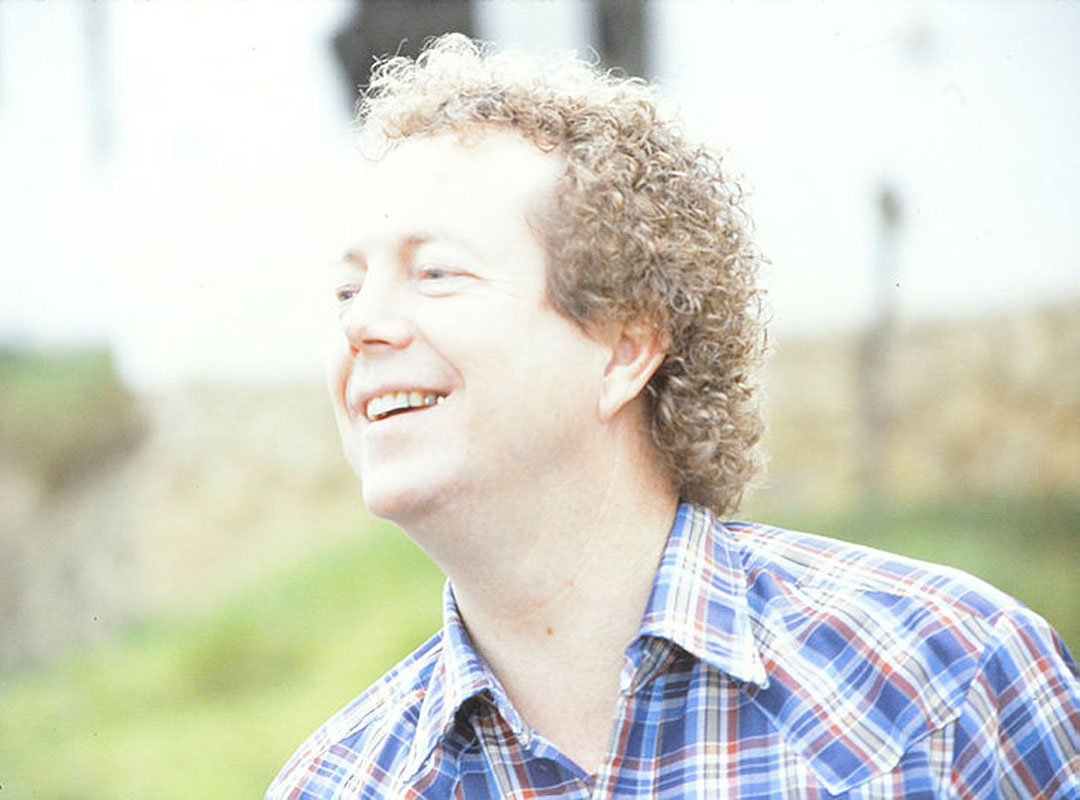
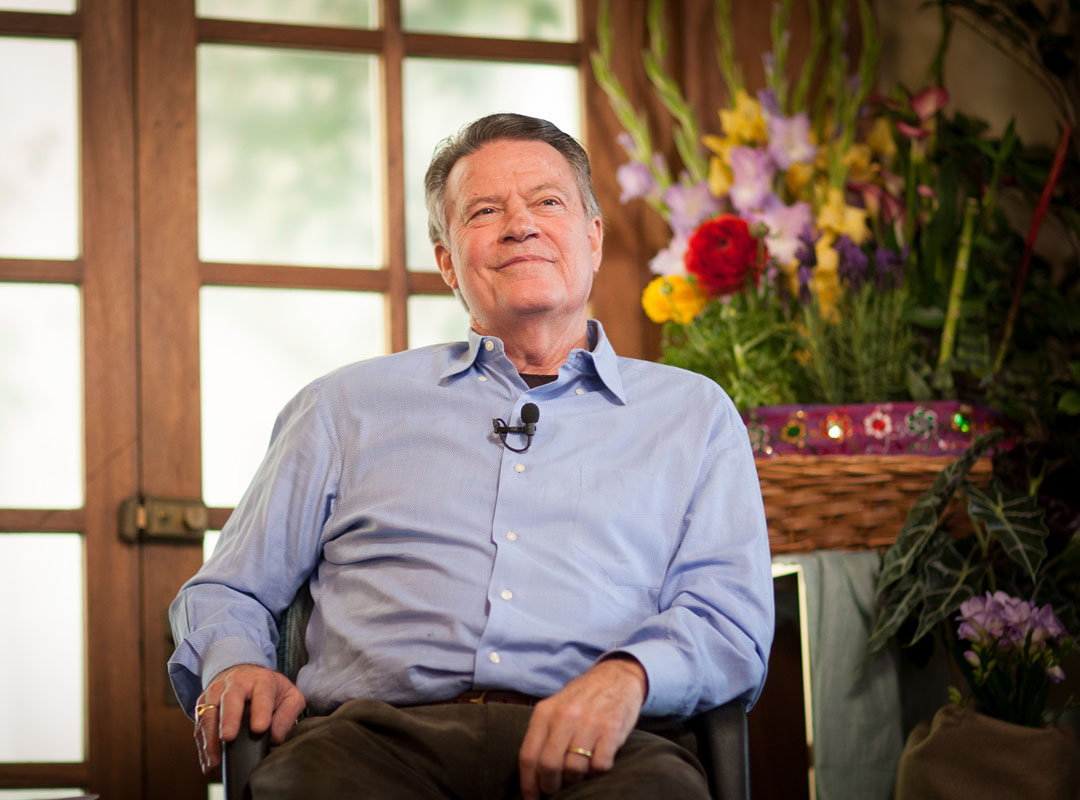
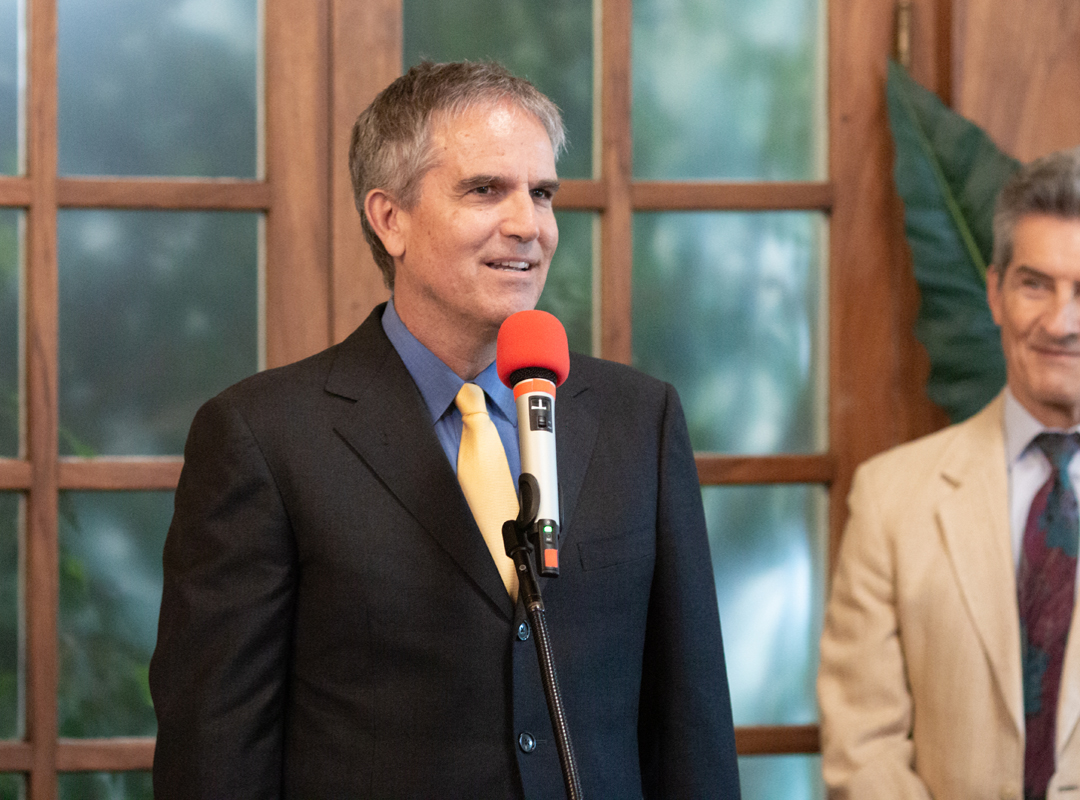
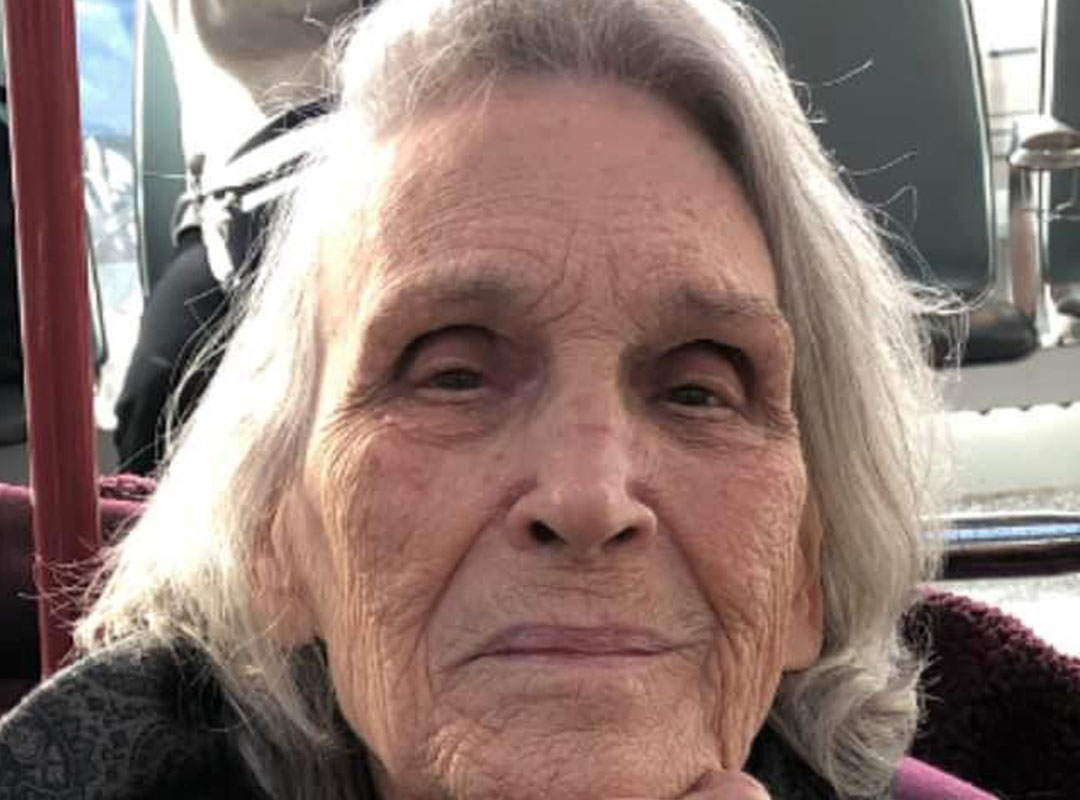
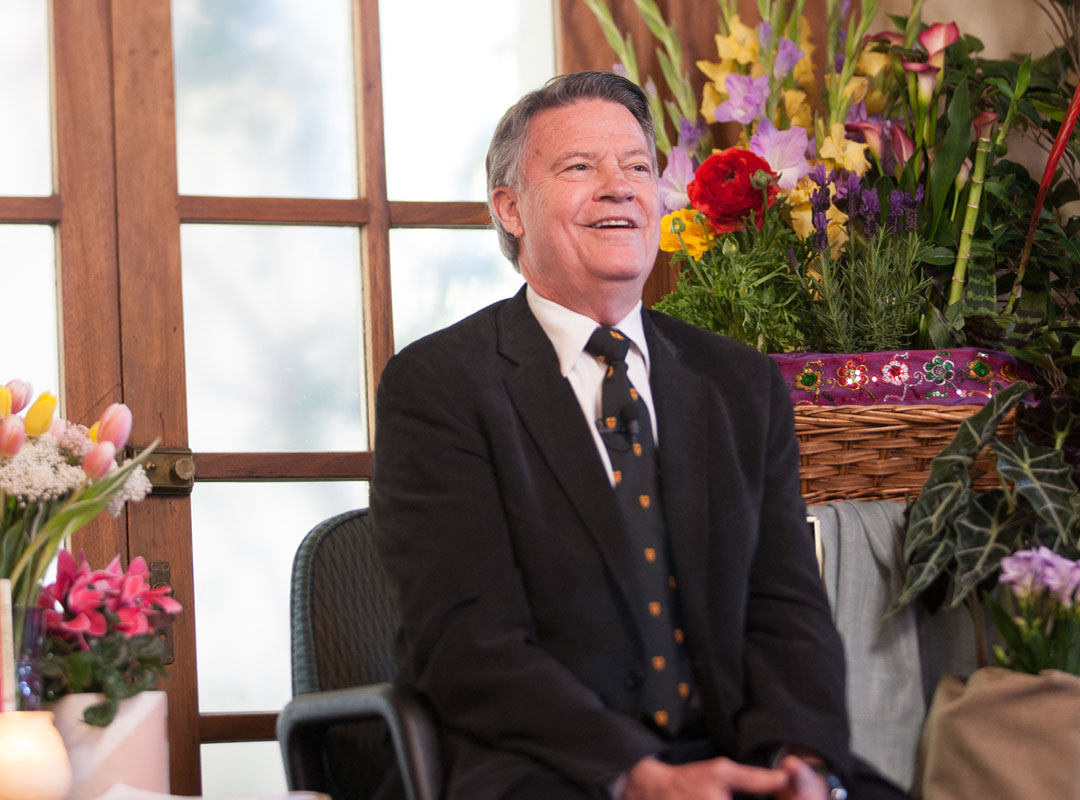
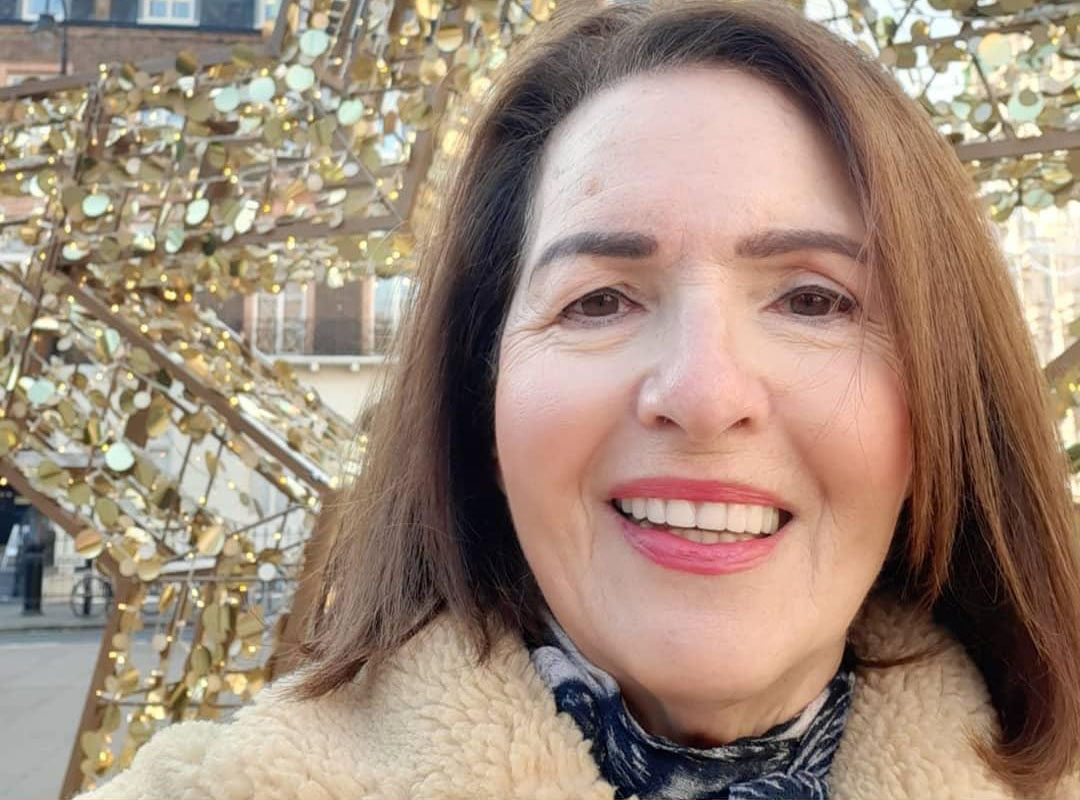
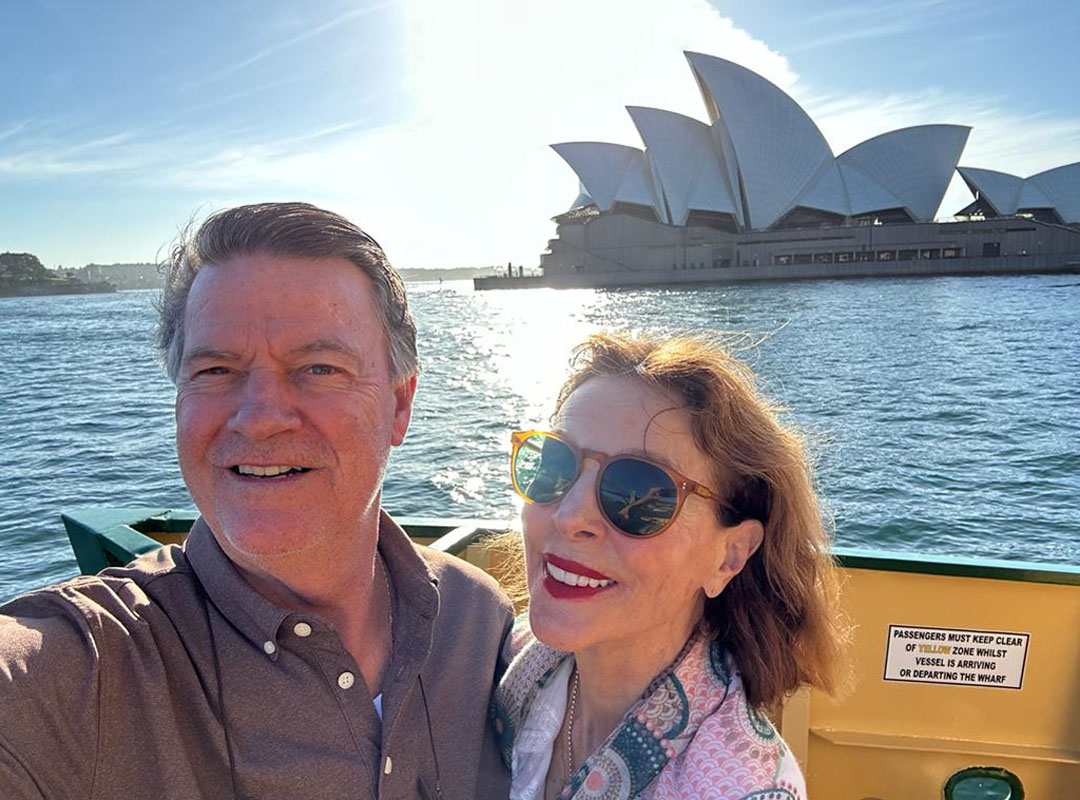
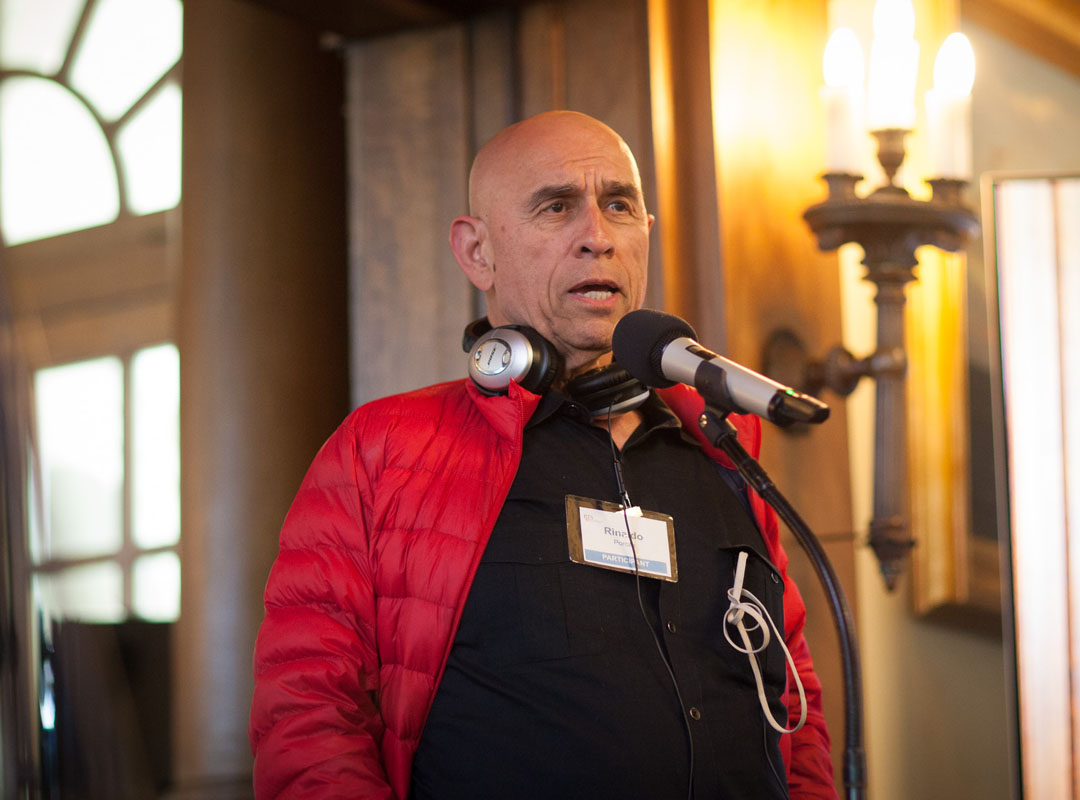
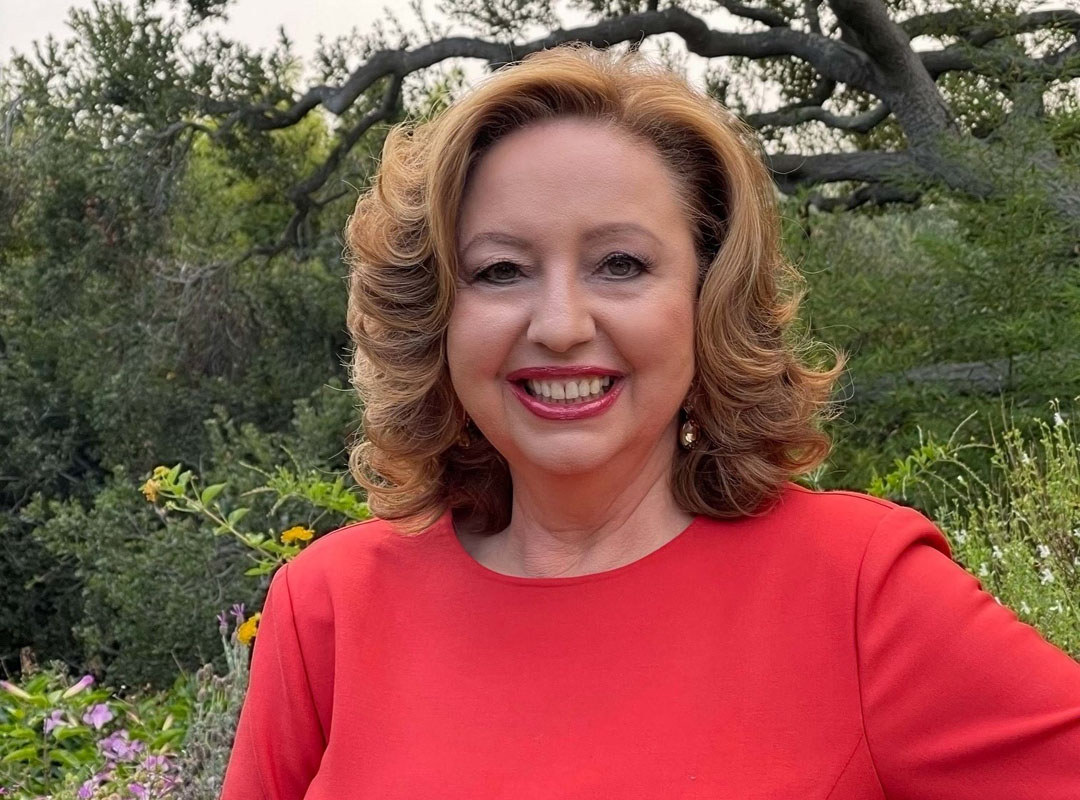
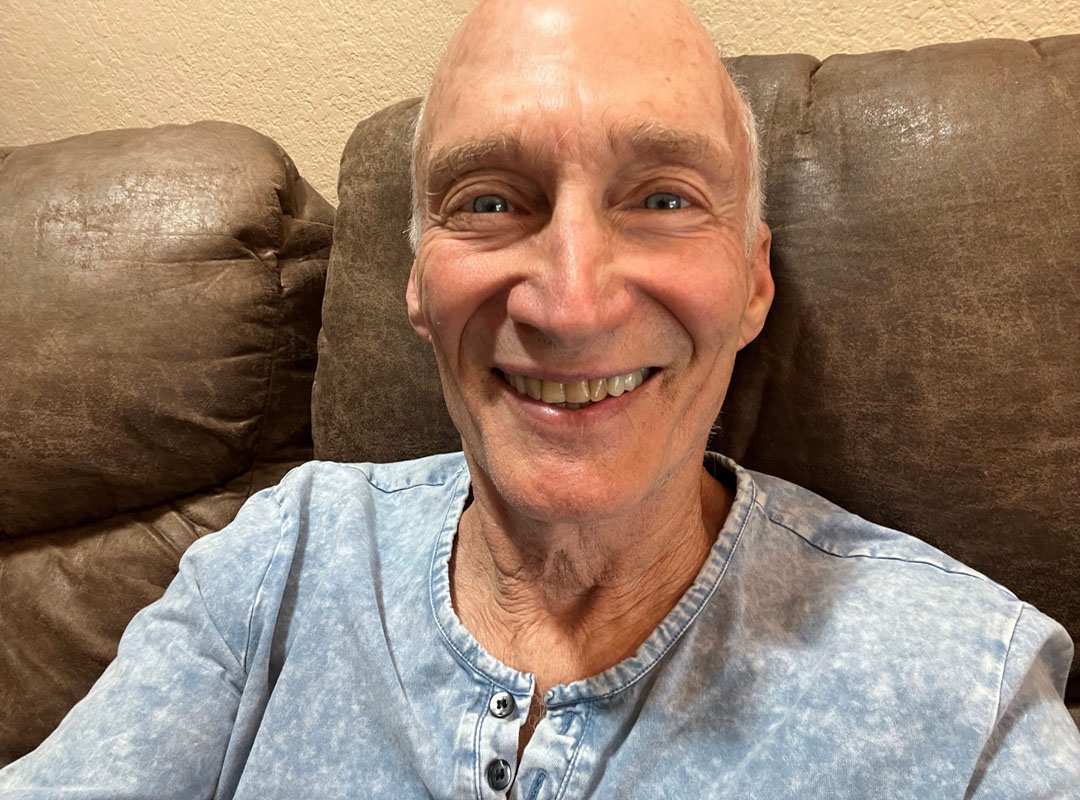
wonderful interview – love, experience so much of the same and it’s good to see these same experiences in others – thank you Randy x will read part 2 now
Thank you David for doing this interview with Randy. And thank you Randy for sharing your experiences and the wisdom gained from them–priceless, valuable, validating, inspiring…